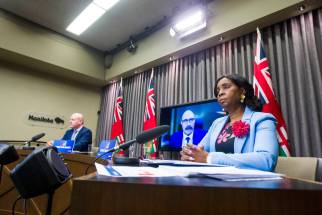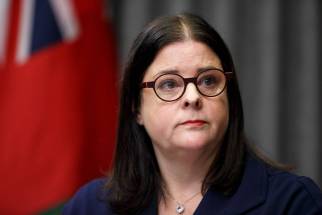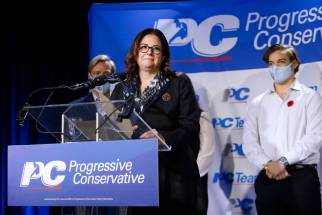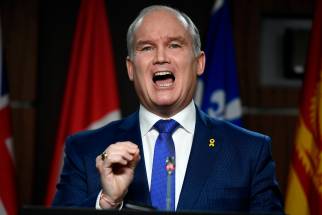Premier’s ‘oversight’ could exact political toll Manitoba voters may not take kindly to Stefanson’s failure to disclose $31M property sales
Read this article for free:
or
Already have an account? Log in here »
To continue reading, please subscribe:
Monthly Digital Subscription
$0 for the first 4 weeks*
- Enjoy unlimited reading on winnipegfreepress.com
- Read the E-Edition, our digital replica newspaper
- Access News Break, our award-winning app
- Play interactive puzzles
*No charge for 4 weeks then price increases to the regular rate of $19.00 plus GST every four weeks. Offer available to new and qualified returning subscribers only. Cancel any time.
Monthly Digital Subscription
$4.75/week*
- Enjoy unlimited reading on winnipegfreepress.com
- Read the E-Edition, our digital replica newspaper
- Access News Break, our award-winning app
- Play interactive puzzles
*Billed as $19 plus GST every four weeks. Cancel any time.
To continue reading, please subscribe:
Add Free Press access to your Brandon Sun subscription for only an additional
$1 for the first 4 weeks*
*Your next subscription payment will increase by $1.00 and you will be charged $16.99 plus GST for four weeks. After four weeks, your payment will increase to $23.99 plus GST every four weeks.
Read unlimited articles for free today:
or
Already have an account? Log in here »
Hey there, time traveller!
This article was published 28/01/2022 (1410 days ago), so information in it may no longer be current.
Politicians should not be assailed for making shrewd real estate investments. But they should be challenged if they fail to reveal details of those investments from ethics watchdogs and the general public.
From the highest ranks of the party executive down to the grassroots, Manitoba Progressive Conservatives are, no doubt, scratching their heads about the news that Premier Heather Stefanson didn’t disclose the sale of $31 million in Winnipeg real estate to the province’s conflict-of-interest commissioner.
Stefanson had disclosed her financial interests in a holding company and its assets in previous disclosures to the province’s conflict of interest commissioner, as she is required to do annually.
Stefanson admits breaking conflict-of-interest rules
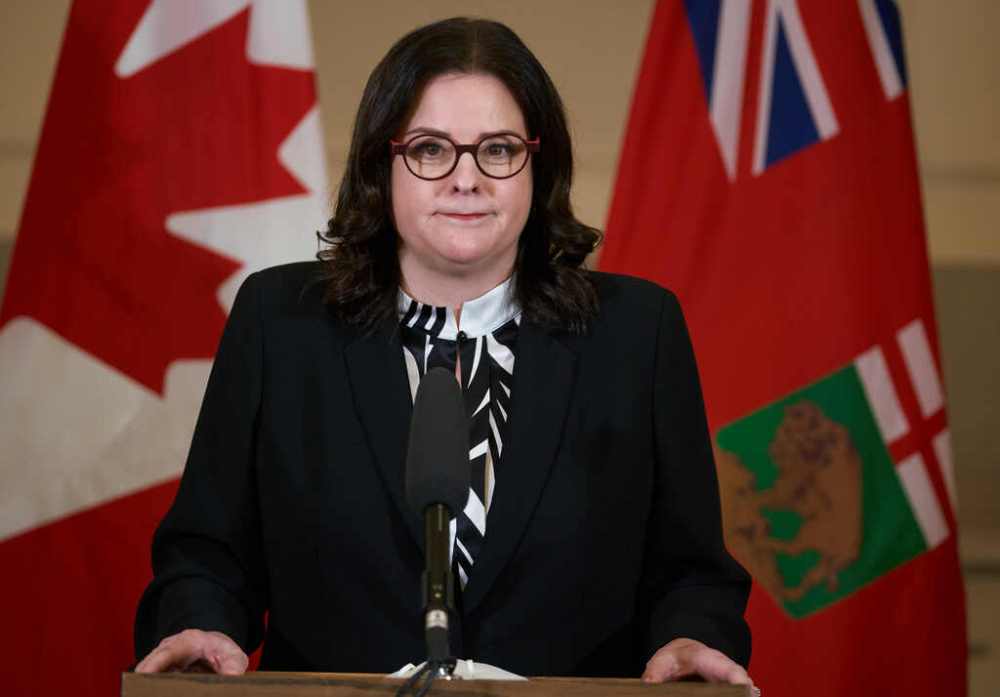
Posted:
Premier Heather Stefanson has admitted she failed to follow the province’s conflict-of-interest rules after the sale of properties worth millions of dollars.
However, she did not update those filings in 2016 when her holding company (McDonald Grain Company Ltd.) sold a $1.8 million storage facility in St. James. She failed again in 2019 to disclose the sale of two additional properties — two apartment blocks in Winnipeg — that together reaped $29.5 million.
How did the premier explain her transgressions? She would not do an interview with Free Press reporter Carol Sanders, who broke the story. In an emailed statement, she called it “an oversight.”
No matter how you view this story, the term “oversight” does not seem appropriate.
If she had done it once, with a less-valuable investment, she might have fairly claimed it was an oversight. When the premier did it twice, over three years with three separate properties, all sold for notable sums of money, “oversight” does not cut it.
These were not small or mundane transactions. Even for someone of obvious personal wealth, eight-figure capital gains are typically noteworthy events.
When the beneficiary of a non-disclosed financial transaction is a high-ranking member of a governing political party, there are all kinds of legal and ethical consequences that could arise.
For example, provincial legislatures in this country have their legal and regulatory fingerprints all over the real estate industry, from land title registration to transfer taxes and regulation of the people who buy, sell and process sales.
It’s worth noting the provincial government is also, arguably, the biggest employer in the province. In addition to the tens of thousands of people who are employed directly through the public service, governments have financial relationships with anyone who works or provides services to Crown corporations and special operating agencies.
Which is to say, when a holding company owned, in part, by a senior government minister cashes in on millions of dollars in real estate in a transaction with other business people in her jurisdiction, there are any number of possible conflicts of interest. Do these people also do business with the government? If so, in what capacity? And is business being steered their way?
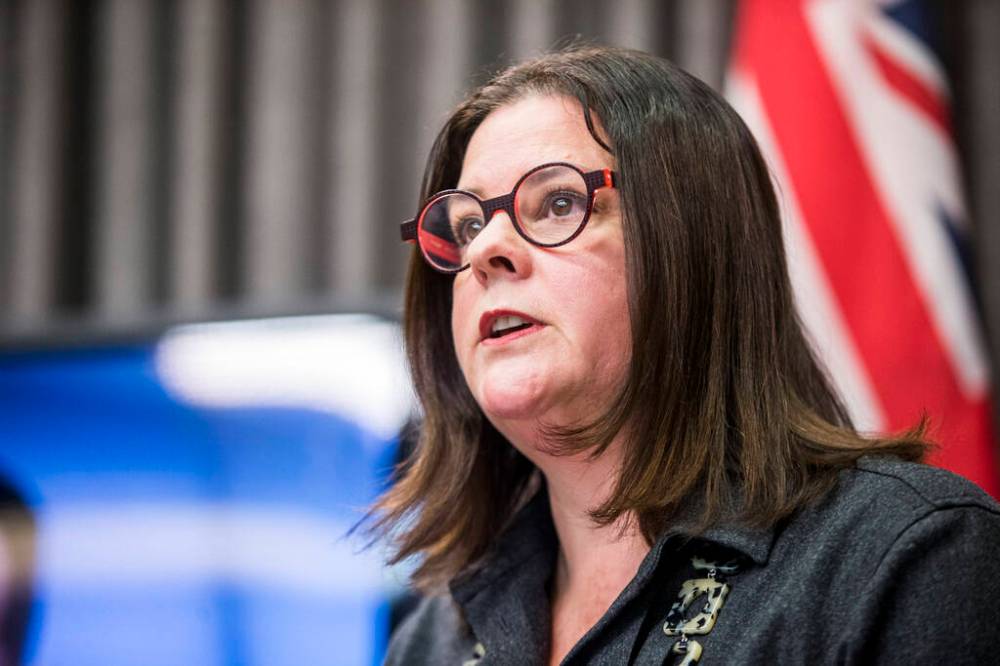
Duff Conacher of Democracy Watch put it best when he told the Free Press the public demands and deserves to know what “politicians own and what they owe.”
Notwithstanding the principles behind disclosure of financial relationships and assets, the requirement is, essentially, toothless. The conflict-of-interest commissioner currently does not have the power to investigate these types of transgressions. And while members of the public can launch a complaint, they must do so at their own cost through the court system.
Stefanson also knew a new and somewhat more stringent conflict-of-interest law that was passed by the Tories last May, would not come into effect until 2023, after the next provincial election. There is no evidence that Stefanson played a role in delaying the introduction of a new law, so it remains a happy coincidence.
Given that she will not face any legal sanctions, the more pressing issue for the Tories is calculating any political damage.
Stefanson is hardly the only wealthy politician in Manitoba, but flaunting that wealth is not generally considered a best political practice.
Heather Stefanson is hardly the only wealthy politician in Manitoba, but flaunting that wealth is not generally considered a best political practice.
Her predecessor learned that the hard way.
Throughout his five years in government, former premier Brian Pallister was hounded for owning a multimillion-dollar home in Winnipeg and a luxury vacation home in Costa Rica. Even though he earned the money to buy those properties honestly through hard work as a financial adviser and insurance broker, he nonetheless suffered at the hands of opposition parties, who used those trappings to portray him as profoundly self-interested.
For example, Pallister drew criticism for rushing through the first major cut to education property taxes in the 2021 provincial budget even though his government faced a $1 billion deficit driven by pandemic spending. He was subsequently hammered by opposition critics when it was learned the premier’s fiscally risky move would provide a $4,000 windfall on the property tax bill for his Wellington Crescent mansion.
Thanks to her own government’s inability to modernize conflict-of-interest legislation in a timely fashion, it appears Stefanson will not face legal consequences for the “oversight.”
Political consequences, however, have yet to be tallied.
dan.lett@winnipegfreepress.com

Born and raised in and around Toronto, Dan Lett came to Winnipeg in 1986, less than a year out of journalism school with a lifelong dream to be a newspaper reporter.
Our newsroom depends on a growing audience of readers to power our journalism. If you are not a paid reader, please consider becoming a subscriber.
Our newsroom depends on its audience of readers to power our journalism. Thank you for your support.
History
Updated on Friday, January 28, 2022 8:15 PM CST: Fixes typos, adds first reference to Stefanson.


